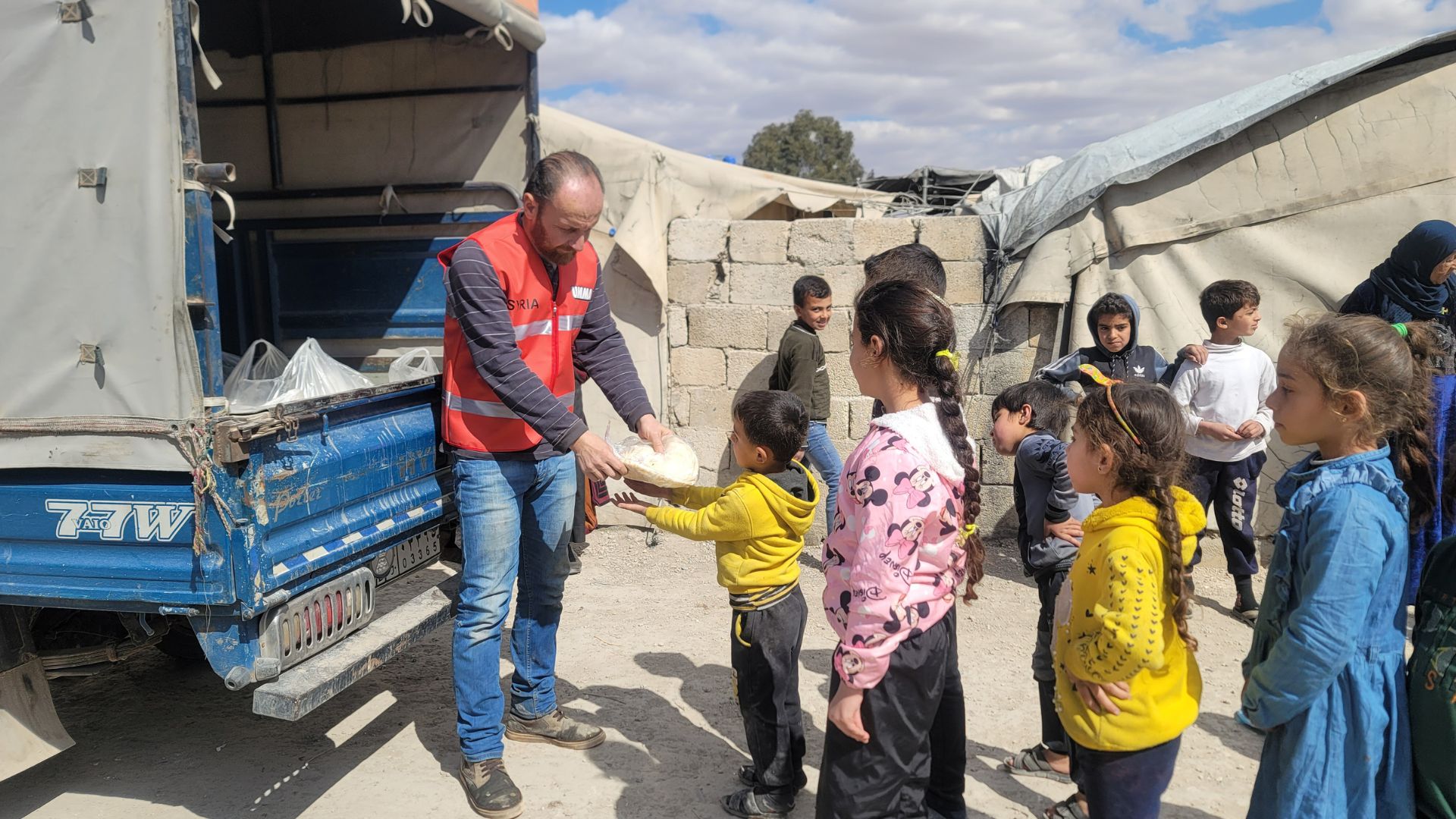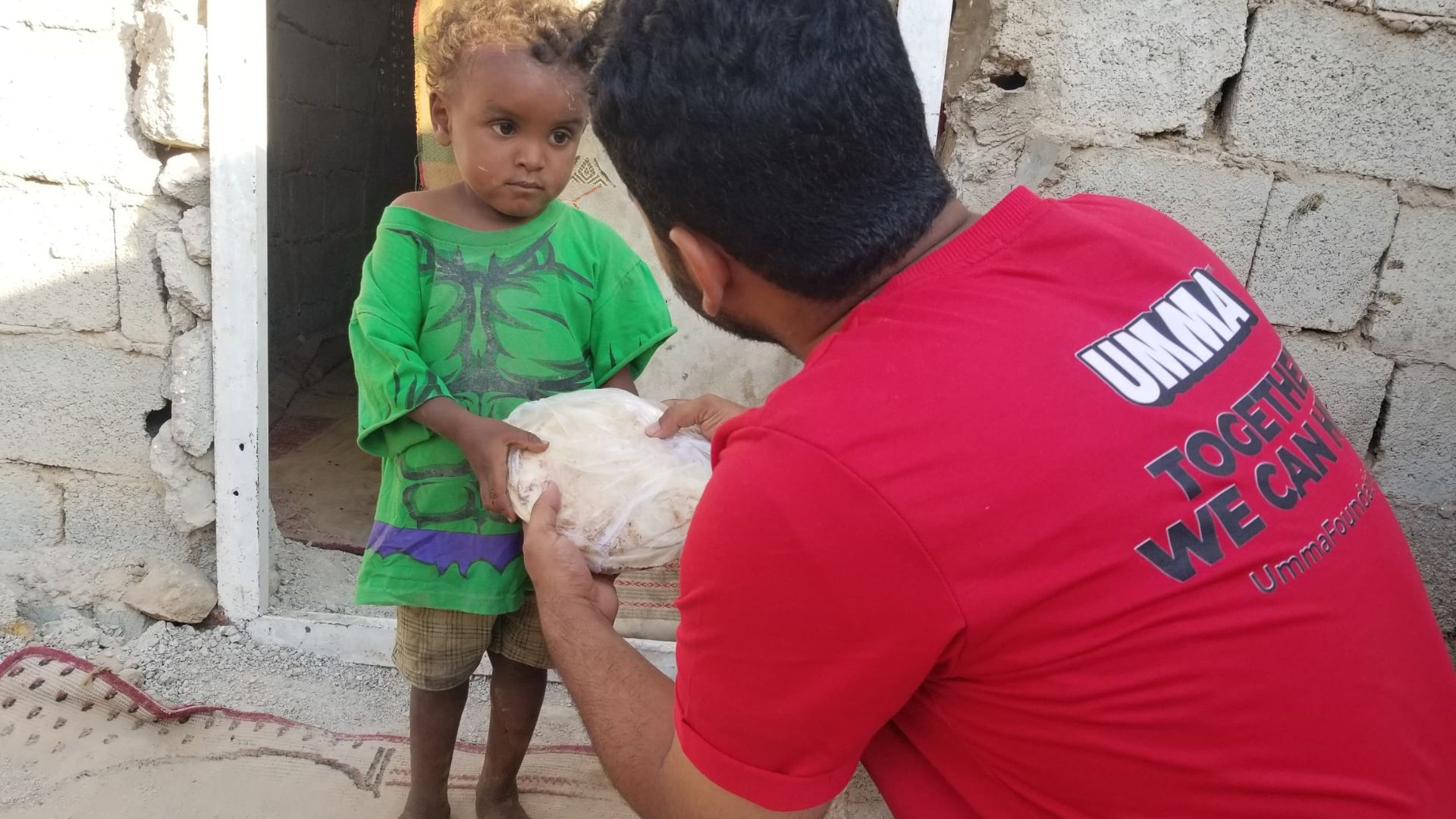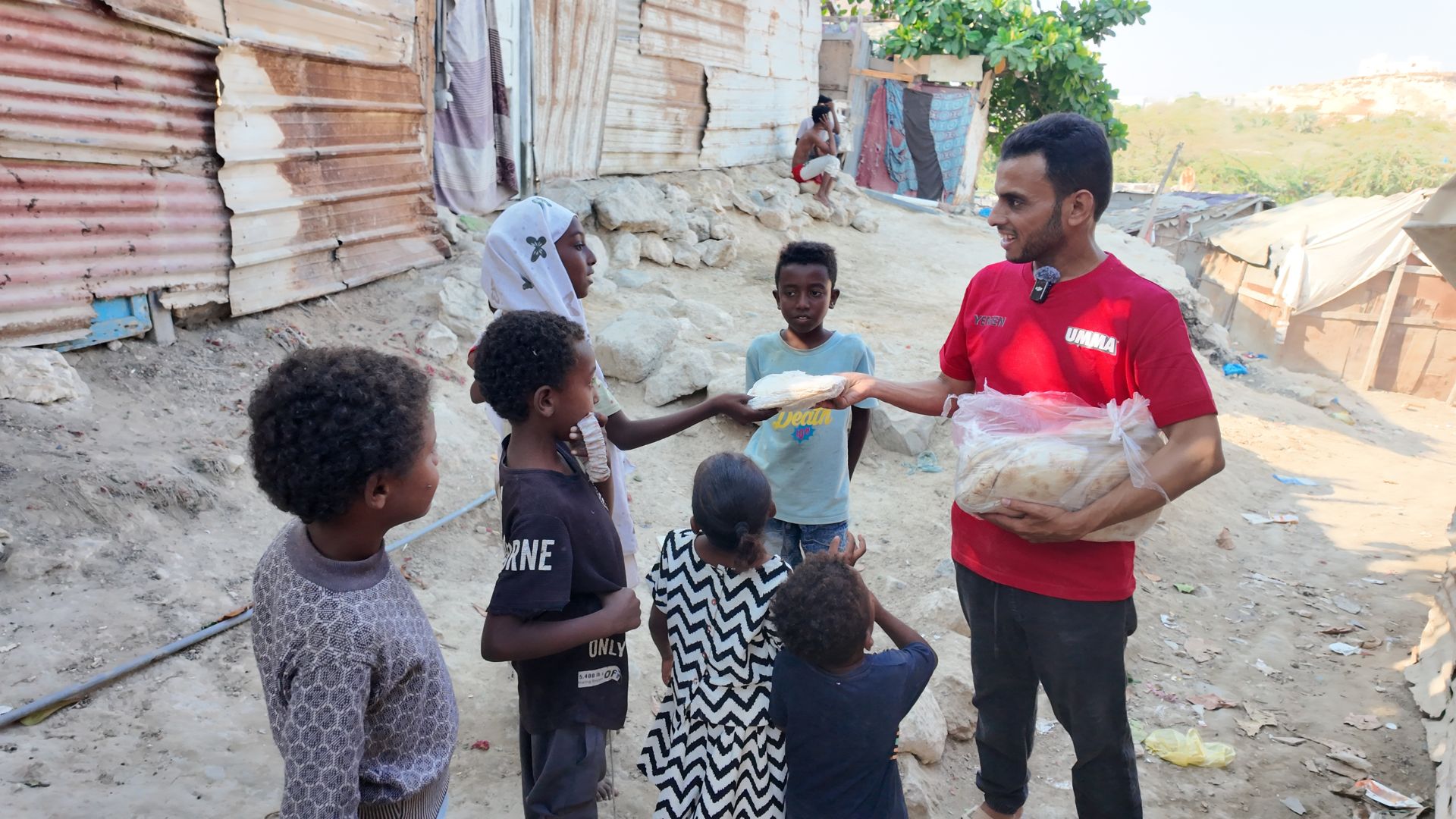Introduction
In cities across the U.S., food insecurity continues to rise—but many underserved Muslim families face an additional challenge: access to halal-certified food. Umma Foundation's Trucks of Hope initiative is changing that with a powerful solution: a halal food truck that delivers zakat-eligible meals directly to the people who need them most.
In this article, you'll discover how this mobile model of charity works, why it's essential for faith-based food relief, and how you can support it.
What Is a Halal Food Truck?
A halal food truck, in the context of humanitarian aid, is a mobile kitchen or pantry that distributes meals prepared in compliance with Islamic dietary laws. Unlike traditional food trucks that operate commercially, Umma Foundation’s halal food truck is nonprofit and donor-funded.
Why This Matters:
- Many food banks don’t offer halal-certified options
- Refugee families, new immigrants, and low-income Muslims are often overlooked
- Mobile delivery ensures help reaches hard-to-access communities
Feeding America reports that over 44 million people in the U.S. face hunger—including 13 million children.For Muslim families, the lack of halal food makes this challenge even more acute.
The Mission Behind Trucks of Hope
Trucks of Hope is Umma Foundation’s on-the-ground halal food delivery initiative. Staffed by volunteers and supported through zakat and sadaqah, this mobile program brings dignity-focused care to:
- Homeless shelters and transitional housing
- Refugee resettlement centers
- Low-income neighborhoods with food deserts
- Community events during Ramadan and winter months
Each meal is freshly prepared, packaged with care, and distributed with the respect every family deserves.
Why Halal Certification Is Critical:
Halal certification means:
- No pork, alcohol, or cross-contamination
- Proper slaughter methods followed
- Clear labeling for observant recipients
To learn more about halal dietary laws, visit Islamic Food and Nutrition Council of America (IFANCA).
How You Can Help
Whether you're in New York or anywhere else in the world, here are a few impactful ways to support this mobile halal relief initiative:
1. Donate to the Program
- Donate to Umma Foundation — support food trucks, bread campaigns, and more
- Islamic Relief USA Food Assistance — supports halal food aid globally
2. Volunteer Locally
- Help load and distribute meals on delivery days
- Prepare hygiene kits and snack packs for distribution
- Learn more on our Contact Page
3. Sponsor a Truck Route
You can underwrite the cost of fuel, food prep, or meal boxes. Businesses and community centers are welcome to sponsor specific routes.
Mobile Relief That Reaches Everyone
The halal food truck is just one part of Umma Foundation’s broader relief strategy—which includes:
- Yala NYC, a nonprofit halal restaurant that funds food aid
- Bread Distribution Campaign
- Trucks of Hope
These projects are all part of a long-term commitment to feeding families with compassion and faith.
Top Charities Supporting Halal Food Relief
If you want to do more, here are five leading organizations making halal food more accessible:
- Umma Foundation
Mobile food trucks, bread delivery, and zakat-eligible food programs in NYC, Gaza, and Yemen.
🔗 ummafoundation.org - Islamic Relief USA
Global halal food aid and Ramadan packages in 30+ countries.
🔗 irusa.org/food - ICNA Relief
Local halal food pantries and distribution programs.
🔗 icnarelief.org - Masbia Soup Kitchen Network
Kosher and halal-friendly meals in Brooklyn and Queens.
🔗 masbia.org - LaunchGood Ramadan Food Campaigns
Supports dozens of halal food campaigns worldwide during Ramadan.
🔗 launchgood.com
Final Thoughts
Faith-based food delivery is evolving—and mobile programs like halal food trucks are leading the way. They combine the convenience of mobility with the compassion of zakat, delivering more than meals: they deliver dignity.
🟢 Want to help? Donate, volunteer, or host a halal food truck in your city tod











